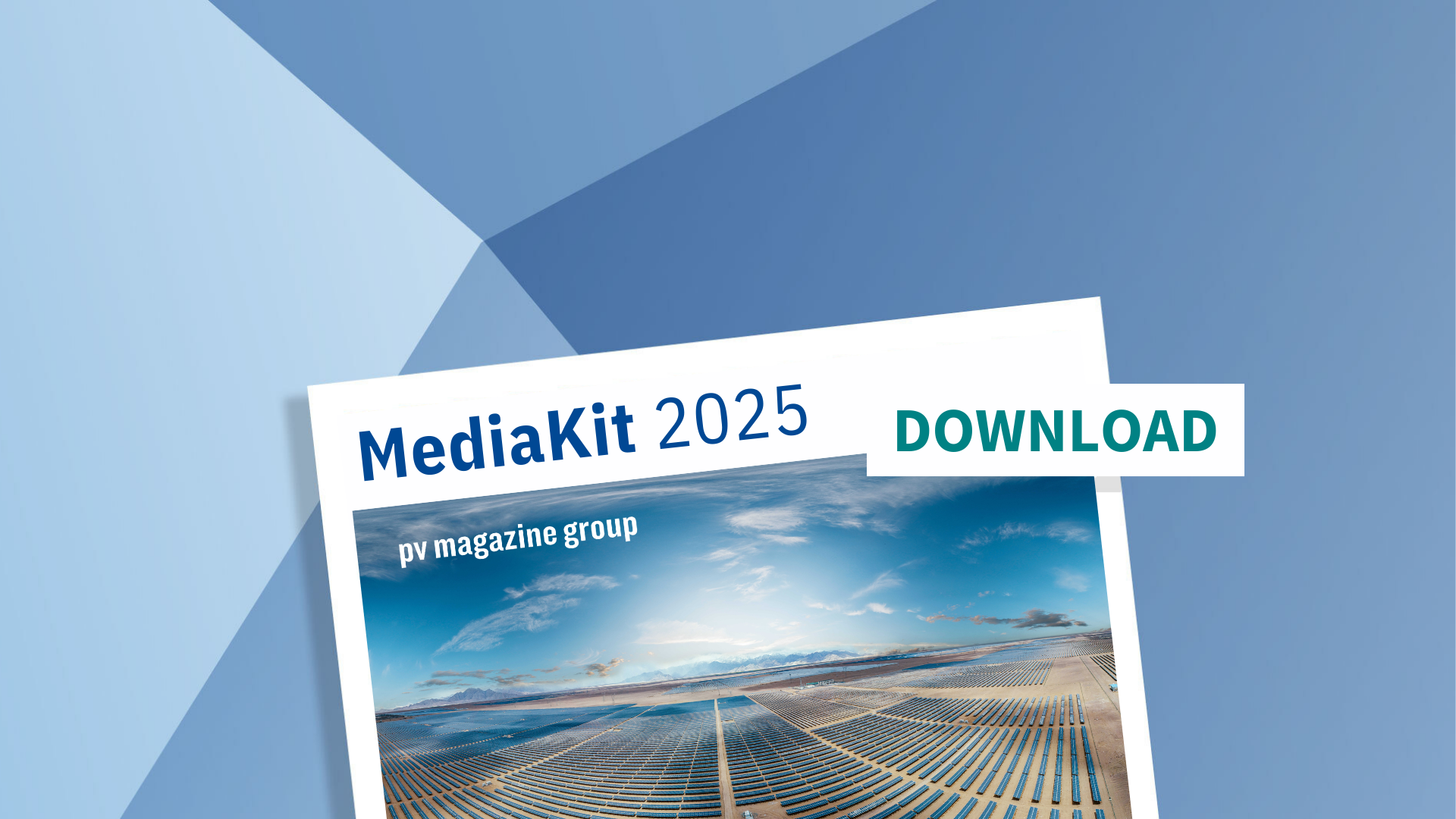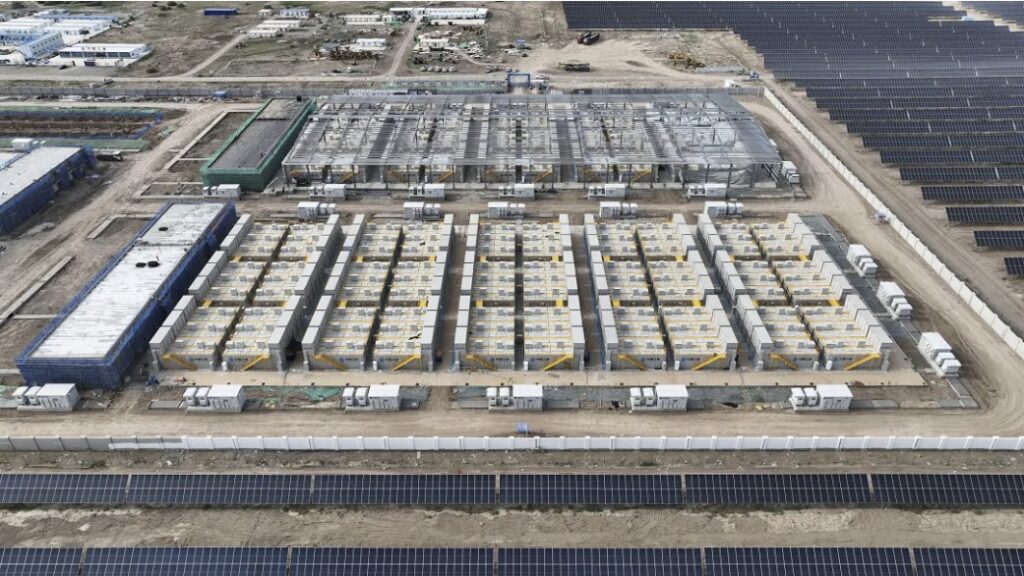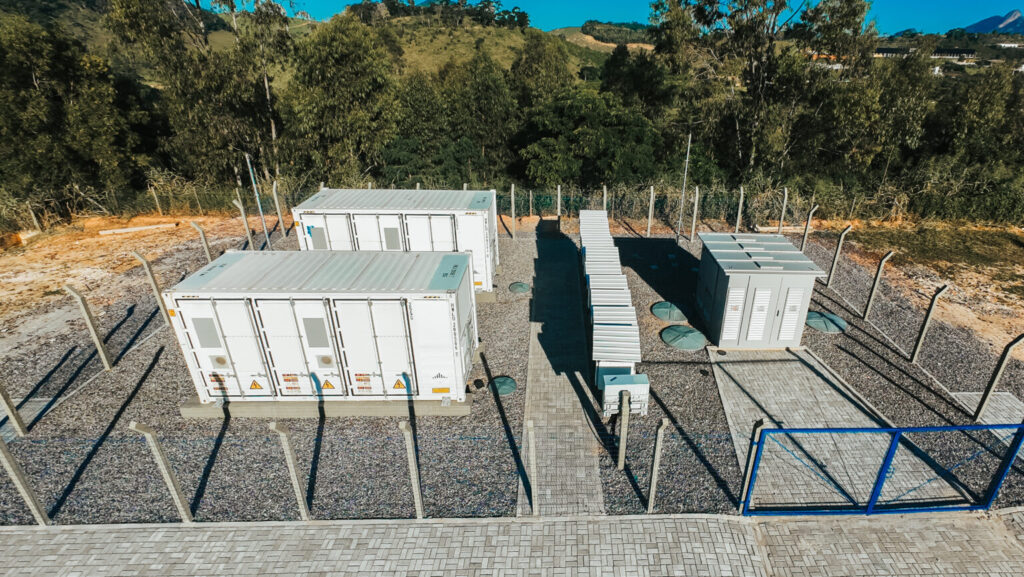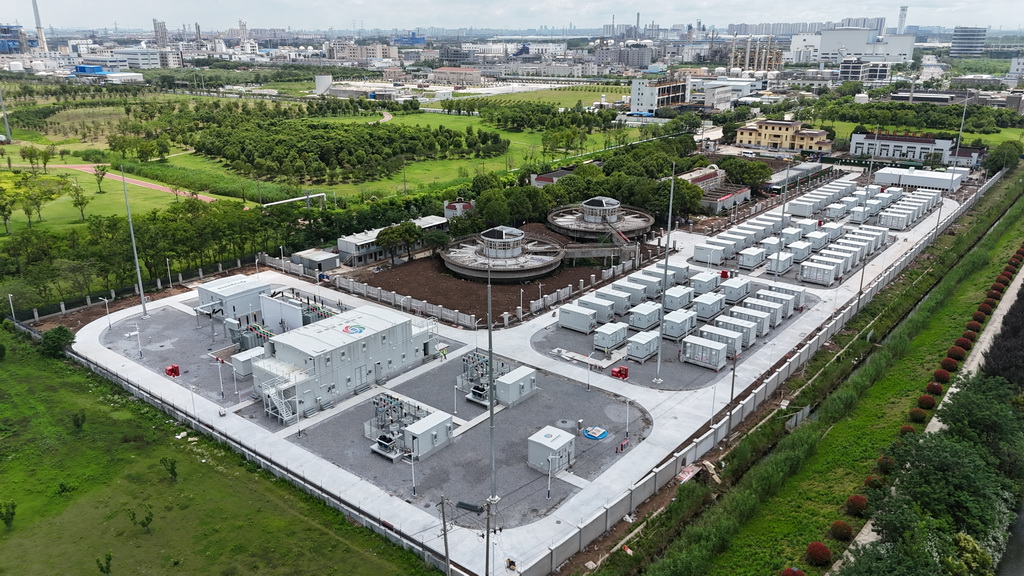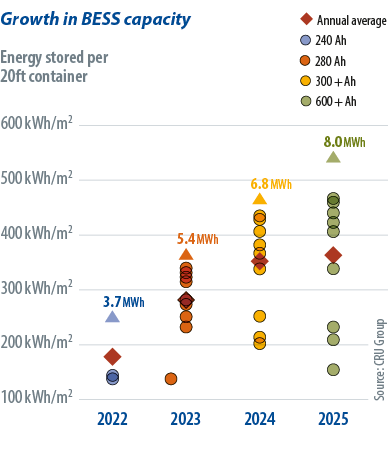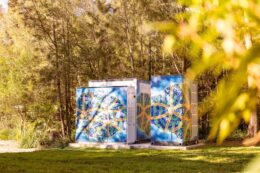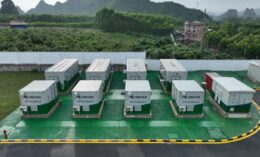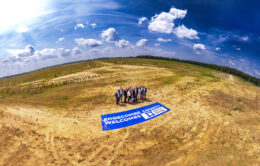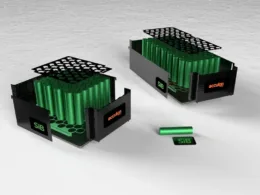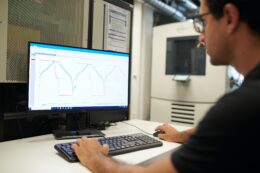UCB to deploy sodium-ion batteries for remote Amazon community

Brazilian battery manufacturer UCB Power will begin implementing, in September 2024, what it says is the first project to use sodium-ion batteries for energy storage in remote communities. Developed with nonprofit the Sustainable Amazon Foundation, the system will be implemented in the Tumbira community, benefiting approximately 140 riverside residents in the municipality of Iranduba, in Brazil’s Amazonas state. The project should be operational by the end of 2024.
“This is an unprecedented project in isolated systems in Brazil,” said UCB R&D and Innovation Project Manager Marcelo Duque. “Sodium is a very promising alternative [battery chemistry], as it is an abundant raw material and cheaper than other sources which makes it easier to recycle.” Another advantage of sodium products is that they can operate efficiently across larger temperature ranges than rival battery chemistries, an important factor for a predominantly hot region such as Tumbira.
The project involves the installation of 16 sodium batteries, each with 48 V and 50 A and capable of storing the equivalent of 38.4 kWh. The stored energy will help to provide enough power to supply a municipal school, a health center, and community leisure areas that serve around 30 families living nearby. “Our goal with this project is to achieve an operating cost that is 30% lower than that of a system with lithium batteries,” Duque added.
UCB Power has a history of developing projects in remote communities in the Amazon. “We began in 2019 – and completed in 2020 – the implementation of lithium batteries in the Amazon environment,” said Duque. “These projects are aligned with our social commitment, as signatories of the UN Global Compact.”
The UCB manager said the expansion of remote projects is very important since it is estimated the Amazon region has around 900,000 people without access to energy.
Local manufacture
UCB will manufacture sodium batteries in Manaus, at its free trade zone factory. In addition to being an interesting alternative for remote communities, the new product has great market potential, according to Duque. He estimates that by 2030, around 25% of lithium batteries will be replaced by sodium devices.
“Sodium is the sixth most abundant material on Earth,” he said, adding production could be easily scalable in Manaus.
The UCB manager said motorcycle manufacturer KTM, electronics brand Samsung, and automaker Volkswagen are among the companies worldwide experimenting with sodium-ion batteries with global projects all at the development stage thus far.
From pv magazine Brasil.




